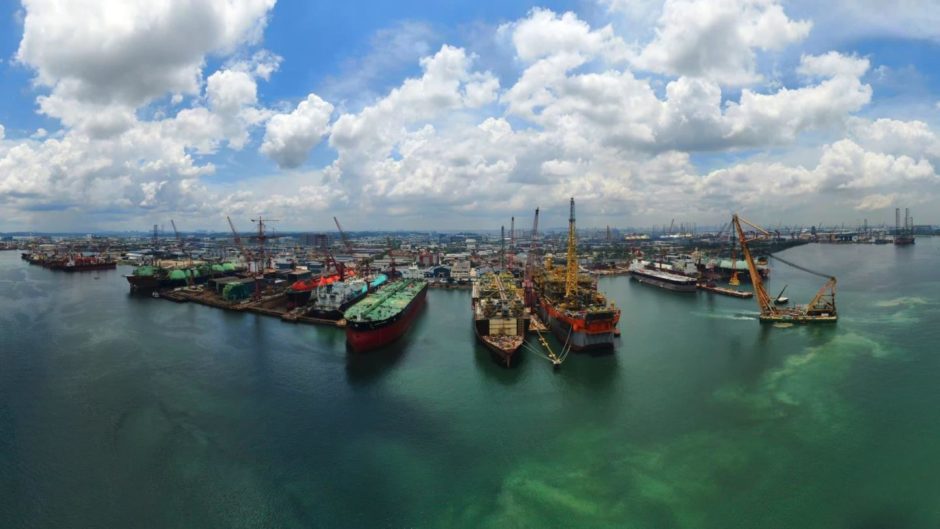
Deputy Prime Minister Heng Swee Keat said that Singapore could review a decision not to prosecute key figures at Keppel Offshore & Marine Ltd. over a major bribery case involving payments to Brazil’s state-run energy company Petrobras if there’s new evidence that warrants doing so.
The city-state on Monday defended a decision not to press charges against six former senior managers of Keppel O&M for their alleged involvement in a bribery scandal that cost the company $422 million in total fines. Indranee Rajah, Minister in the Prime Minister’s Office, told the city-state’s parliament last week that there was not enough sufficient evidence to establish any criminal charge beyond a reasonable doubt against a specific individual.
“But if new evidence comes to light, this decision can be reviewed,” Heng posted to Facebook last Tuesday. “Corruption has no place in our society and our economy. This has not and will not change.”
“Trust in our rule of law and transparency has enabled Singapore to thrive as a vibrant economy,” he continued. “Many are understandably concerned that the Government had not mounted charges against former Keppel employees involved in the corruption scandal.”
Such cases are rare in Singapore, ranked fifth least corrupt on Transparency International’s latest annual index.
Keppel O&M agreed in 2017 to pay $422 million to end a U.S. probe into illegal payments to officials of Brazil’s state-controlled oil company Petroleo Brasileiro SA. Keppel’s US unit pleaded guilty while the Singapore-based parent entered into a deferred-prosecution agreement with the US government.
Sembcorp Marine, in which state investment firm Temasek Holdings Pte is the biggest shareholder, agreed to acquire Keppel O&M last year.
Last month, Singapore’s Corrupt Practices Investigation Bureau issued “stern warnings” to the six former senior managers of Keppel O&M in lieu of prosecution for offenses punishable under the corruption law.
The unnamed individuals allegedly had conspired to pay a total of $55 million in bribes to foreign consultants involved in the company’s business interests in Brazil, according to the CPIB statement in January. The anti-graft agency cited the cross-jurisdiction nature and complexity of the case, along with difficulties in obtaining evidence for prosecution, for not taking further action.
